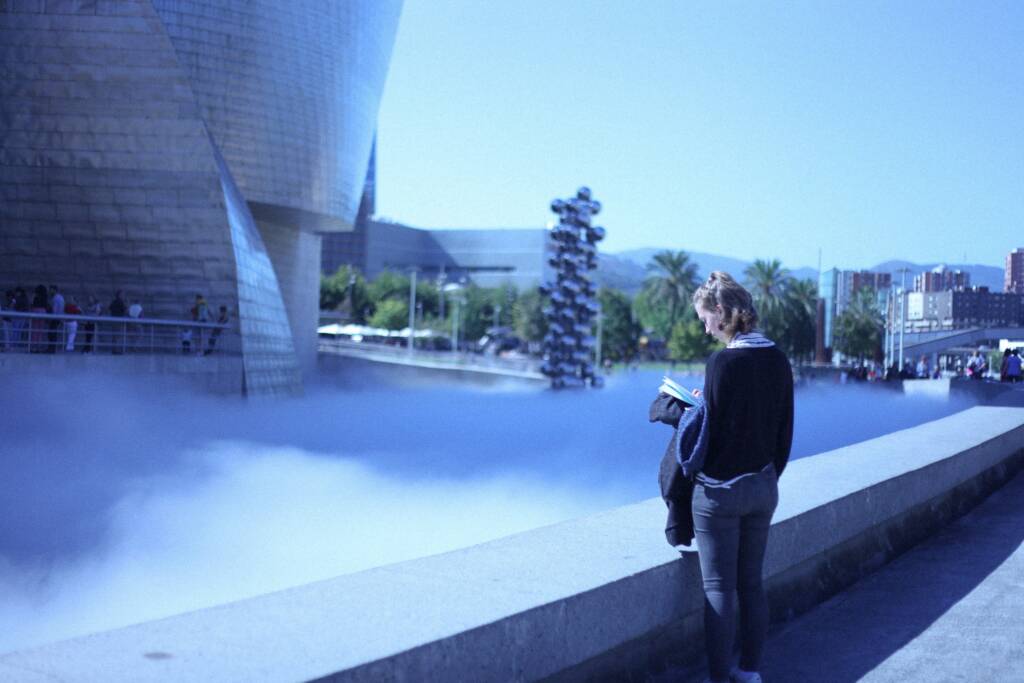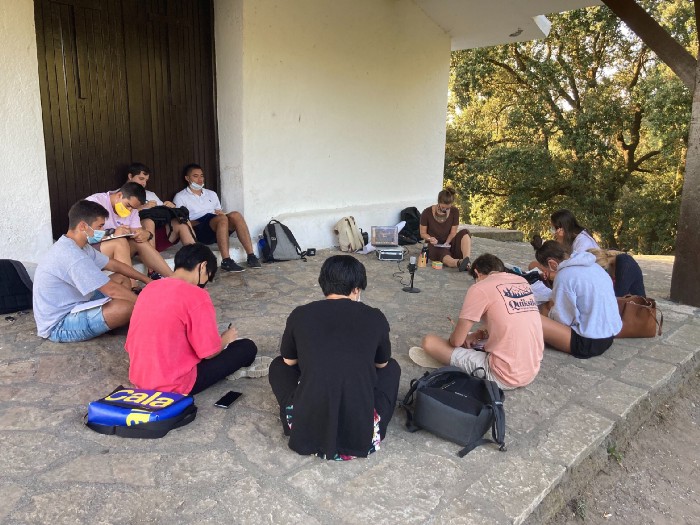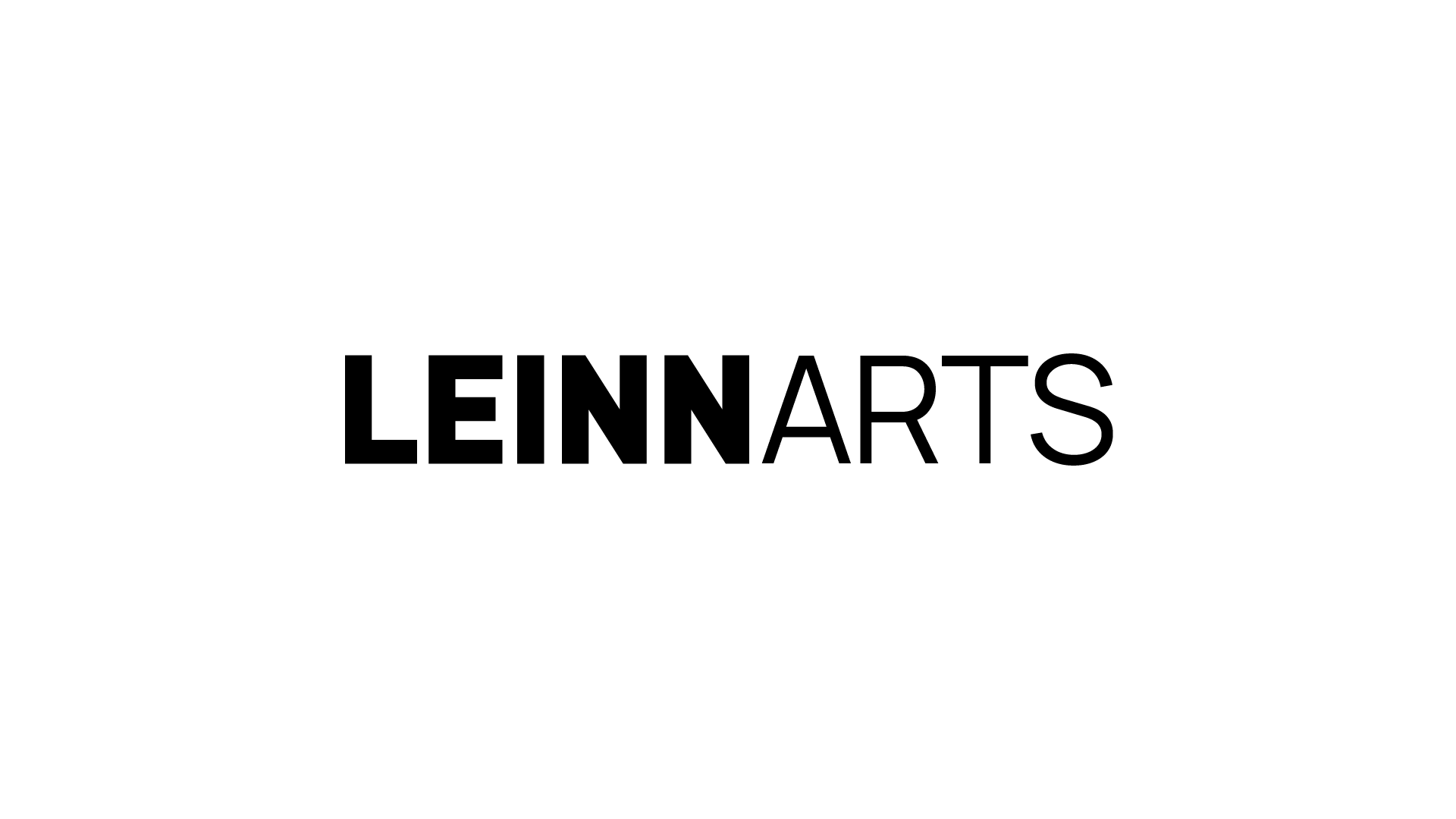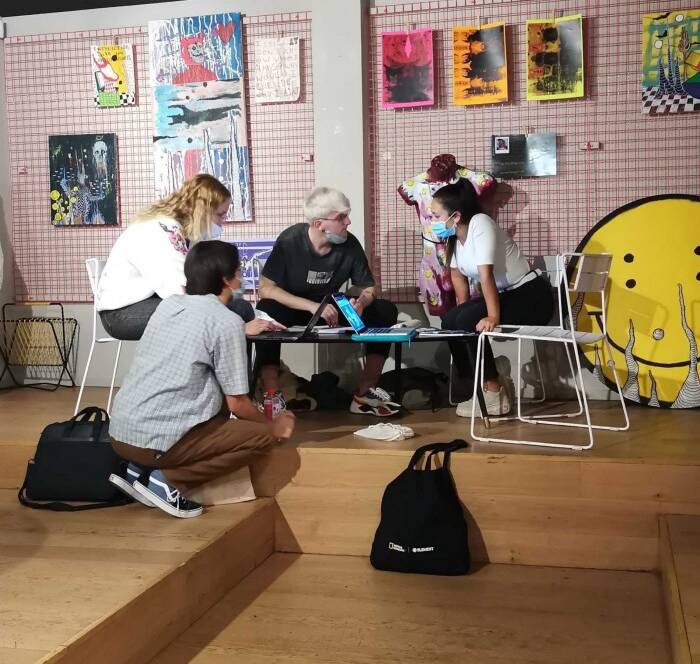You always have a choice.
It’s a fact. Next time you hear yourself saying that you didn’t have a choice in the matter, think again. Although we find ourselves denying this fact, in this case and many others we deny responsibility. A similar thing happens when something doesn’t go quite how we imagined it to. We place the blame on someone else for a course that we didn’t enjoy, or an activity we would have rather done another way. Taking responsibility is an important part of life. Once we learn to take responsibility for our actions, and start to understand that, although an activity may have been organized by others, the energy that you put into it also adds to your experience and that of others, you start to realize that what you put into something, is what you will get out of it in return. This has been one of my biggest learnings since starting my life-changing journey in the world of MTA.

Two and a half years ago I embarked on what I would later consider one of the most transformative periods of my life so far. At the age of 26 and after being immersed in the competitive atmosphere of dance where people spoke about uniqueness but, in the end, perfection was key, I started to reflect, forgive and love in a whole different way.
MTA is not a workplace, rather a way of life.
After studying the information online about the Tazebaez Cooperative, which would be my home for the next two years (and counting), I wrote an email. CV attached, I poured my heart out explaining why I thought I was the right fit for the company. I wasn’t quite sure how Jon Abaitua was so sure that I was the person they were looking for, as he sneakily whispered after my interview as we hugged, “welcome to the team”. This week, coincidentally, I reread my CV, and emails from that time. I wrote from the heart as always. Having breathed, slept and ate Tazebaez for the past two and a half years, rereading my email I now realize how right I was for Tazebaez, and, equally as importante, how right Tazebaez was for me!
Well, a phone call, 2 months and a long car-drive later, I started to settle. I consider myself an active, and flexible person ready to try anything once, or maybe even more than once. On my first day arriving at the Bilbao Berrikuntza Faktoria, I tried to soak up all of the information possible. Honestly, I knew little about what it meant to be part of a cooperative. I soon found out that the MTA and Tazebaez way of doing things suited me quite perfectly.
My first challenge; flights. During my first week I was due to book the first flight managed by myself with Tazebaez. Working with the team, I had the choice between saving economically on the flight for our lovely Chinese colleague, or paying a little extra. They congratulated me. To be honest, they will probably would have congratulated me either way. Not for making the right or wrong choice (which I am learning is more of a grey scale, but we will get to that later), but for taking on the challenge of making a decision, small as it may have been. This was my first small victory, and my first moment of taking responsibility.
A teacher from university once told me that there are igniters and firefighters in your life. Igniters who will you forward with support and encouragement, and firefighters who tend to put out your fire. In MTA, and especially in Tazebaez I found a whole lot of Igniters. I found In the first month I suddenly had space to share ideas and carry them out, with honest constructive comments with a whole lot of encouragement, willing to make the process improve. With the support of the then small team, we made a change. I felt like I was making a difference.
Another distinct moment I remember is approaching Jon Abaitua after working for the cooperative for about a year. I can’t remember exactly what I had done but, I said “Jon, I have something to tell you. I’ve made a mistake.” To which he stood up, clapped, congratulated me and gave me a hug. I had been preparing to tell him about it for a few days. So insignificant that I can’t quite remember what it was.
You can spot a LEINNer (someone who has or is doing the degree) from a distance by the way they listen. In the MTA LEINN degree, we have 4-hour training sessions with a strong development of dialogue skills, humility, and space to learn together. This as well as their patience make LEINNers extremely pleasant to be around. They are extraordinarily empathetic and have a quality that makes you trust them almost instantly. I believe this is down to their listening skills.
These listening skills come from study and practise; reading books related to dialogue such as, “Dialogue: The Art of Thinking Together” by William Isaacs. The mere idea of studying and practicing dialogue with a view to better it is fascinating. Isaacs speaks about four main actions in a dialogue; listening, voicing, suspending and respecting. All are key, and indispensable in balance to carry out a successful dialogue. Another interesting point is the distinction Isaacs makes between a dialogue and a debate. In a debate, you have one point of view which you are trying to convince the other person of in order to win. In a dialogue, everyone wins, or no one wins. A dialogue occurs in order to express different points of view, creating a magical center point, a new point which we must arrive at in order to conclude. It is a collaborative process, rather than one person against another. And, once again, the more participative and active in speaking and listening, the more everyone will get out of it.
Another superpower that comes to mind from my time within MTA so far is inclusion and empathy. Having that social skill, empathising and noticing when miscommunications in intention may have occurred. “The Culture Map” by Erin Meyer could probably be considered one of the most sacred books to the whole MTA Community. It looks at different cultures on diverse scales which, albeit is not to be taken as law; everyone is unique and has a unique position on the scale. However, when talking to people not so close to your own culture and even within a stone’s throw of your own perceptions, it is the most curious thing. I catch myself thinking, “Erin, how could you know that about me?!”. That, and discovering truths about our own culture. I left the UK when I was 11 years old and didn’t think I was as British in culture as I actually am.
I have witnessed the evolution of human beings which warms my soul, and restores my faith in humanity and the beautiful future we are creating for ourselves. My team is probably bored of hearing me say that what you put into anything is what you get out of it. I believe in this more and more, especially after these last two years.

Through the challenges, long days and nights, endless coffees and conversations about everything and anything; there was my team. Through laughs, nights out, tears, hugs, lunches shared and strategy sessions. But above all, through perseverance, teamwork and “hard grafting” — here we are, in one piece, a little more wrinkly faced than the year before, each line denoting new knowledge or experience.
Maybe the first day I didn’t know what I was getting myself into, but I’m sure pleased I took the leap!


